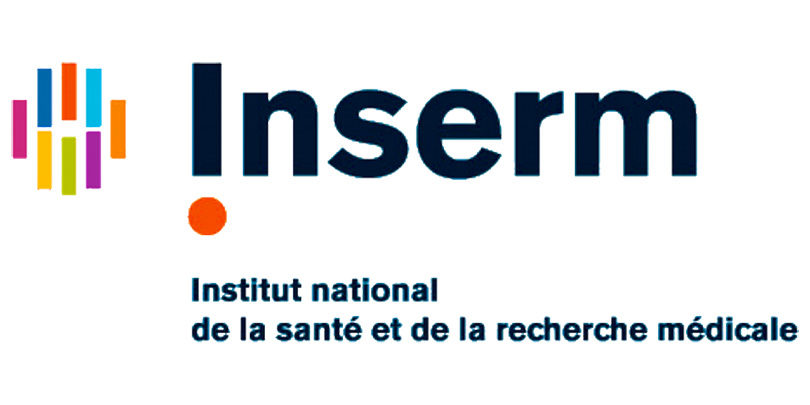Institut National de la Santé et de la Recherche Médicale

GOLIATH will enable INSERM to further characterize, validate and improve its bioinformatic and cellular tools. The validation of the methods developed in our labs will increase their attractiveness, valorisation and transferability towards academic and industrial research. The project will also increase our knowledge on xenobiotic compounds able to interact with nuclear receptors and induce metabolic disorders such as steatosis and insulin resistance. GOLIATH project will improve our capability to answer to future national or European research programmes focussing on endocrine disrupting chemicals.
Founded in 1964, INSERM is a public scientific institute which is dedicated to biomedical research and human health. This institute consists of 330 research units, run by 6,500 permanent staff members.
Beneficiary 4a) INSERM U1241 Rennes. The Institute of Nutrition, Metabolisms and Cancer (NuMeCan-U1241) is divided in 4 teams including the EXPRES team that investigates the role of exogenous (including xenobiotics) and endogenous stresses in the occurrence of different hepatic diseases. Members of the team (e.g. C Guguen-Guillouzo, A Guillouzo, A Corlu) contributed to the discovery of the human HepaRG cells line and its functional characterization.
Beneficiary 4b) INSERM U1194 Montpellier. The Institute of Cancer Research of Montpellier (IRCM-U1194)is divided in17 research teams. The research project of Patrick Balaguer focuses on the effects of different environmental ligands on estrogen, androgen and pregnane X receptor (PXR) signalling and on the carcinogenesis process with obvious consequences for the prevention of carcinogenic risks.
Beneficiary 4c) INSERM U1054 Montpellier. The Centre for Structural Biochemistry (CBS) depends on Inserm, CNRS and the University of Montpellier. Research in the group “Nuclear receptors as integrators of endogenous and environmental signals” headed by W. Bourguet aims at reaching a detailed understanding of the mechanisms involved in the (de)regulation of nuclear receptor (NR) signalling.
Main tasks in the project – INSERM 4b and 4c will participate in WP1 in the in silico and in vitro screening of chemical libraries. INSERM 4a willlead WP2. In INSERM 4a and 4b will participate to the validation of the different cellular tools used in Goliath.
Dr. Bernard Fromenty is a research director at INSERM 4a, is codirecting the team EXPRES with Anne Corlu. He is working on xenobiotic-induced hepatotoxicity. More recently, his investigations extended to the modulation of xenobiotic-induced hepatotoxicity in obesity and nonalcoholic fatty liver disease (NAFLD).
Dr. Patrick Balaguer is a research director at INSERM 4b, is a molecular and cellular biologist involved in the study of EDCs. His team characterize the interactions of EDCs with NRs and their impact on prostate, colon and liver cancer proliferation and resistance to treatment.
Dr. William Bourguet is a research director (DR1) at INSERM 4c. He is Deputy Director of the CBS, and in charge of the team “Nuclear receptors as integrators of endogenous and environmental signals”. He is a structural biologist with a longstanding interest in the field of NR/endocrine disruptor interactions.